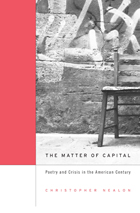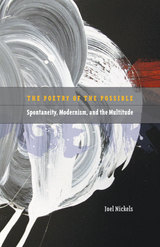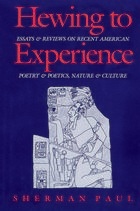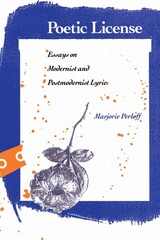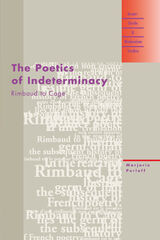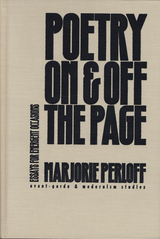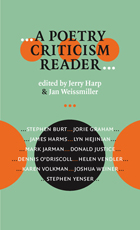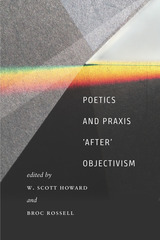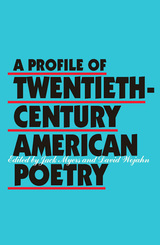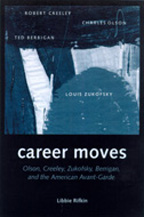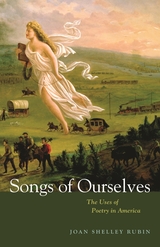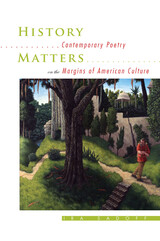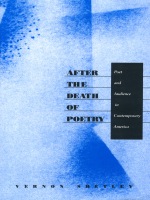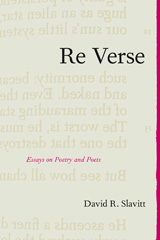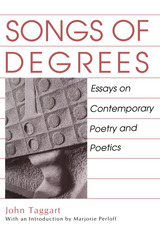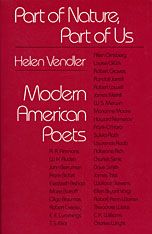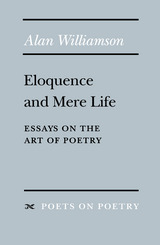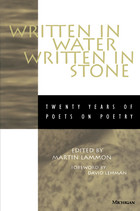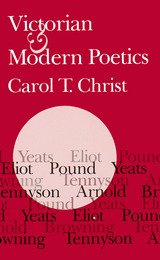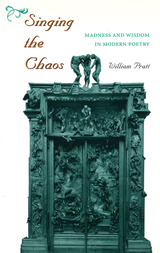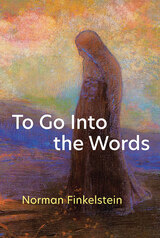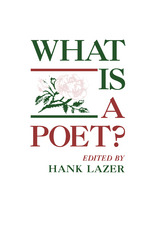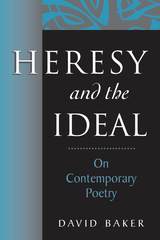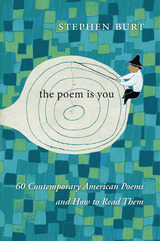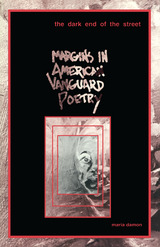Re Verse: Essays on Poetry and Poets
Northwestern University Press, 2009
eISBN: 978-0-8101-6237-2 | Cloth: 978-0-8101-2084-6 | Paper: 978-0-8101-2647-3
Library of Congress Classification PS323.5.S58 2005
Dewey Decimal Classification 811.009
eISBN: 978-0-8101-6237-2 | Cloth: 978-0-8101-2084-6 | Paper: 978-0-8101-2647-3
Library of Congress Classification PS323.5.S58 2005
Dewey Decimal Classification 811.009
ABOUT THIS BOOK | AUTHOR BIOGRAPHY | REVIEWS | TOC | EXCERPT | REQUEST ACCESSIBLE FILE
ABOUT THIS BOOK
David R. Slavitt will tell you that he does not believe in literary criticism so much as in "remarks," which are more portable and, often, more enlightening. In this witty and unusual work, he remarks upon the life of a poet in the second half of the twentieth century, how it was--and how it is--to be an American writer.
Combining personal reminiscence with deft literary analysis, incisive biographical sketches, and, sometimes, literary gossip, these essays give new perspectives on the famous--such as Harold Bloom, Robert Penn Warren, Robert Frost, and Stephen Spender--and recover the charms of the near-forgotten--such as Dudley Fitts, Winfield Townley Scott, Merrill Moore and John Hall Wheelock. Slavitt writes with self-deprecating humor of his own literary education, and uses his impressive experience and erudition to illuminate the whims of poetic influence, passion, and reputation. With a refreshing honesty and considerable poise, he gives readers an enlightening view of the vast and ever-changing literary universe.
Combining personal reminiscence with deft literary analysis, incisive biographical sketches, and, sometimes, literary gossip, these essays give new perspectives on the famous--such as Harold Bloom, Robert Penn Warren, Robert Frost, and Stephen Spender--and recover the charms of the near-forgotten--such as Dudley Fitts, Winfield Townley Scott, Merrill Moore and John Hall Wheelock. Slavitt writes with self-deprecating humor of his own literary education, and uses his impressive experience and erudition to illuminate the whims of poetic influence, passion, and reputation. With a refreshing honesty and considerable poise, he gives readers an enlightening view of the vast and ever-changing literary universe.
See other books on: American poetry | Early modern, 1500-1700 | English poetry | Poets | Slavitt, David R.
See other titles from Northwestern University Press

